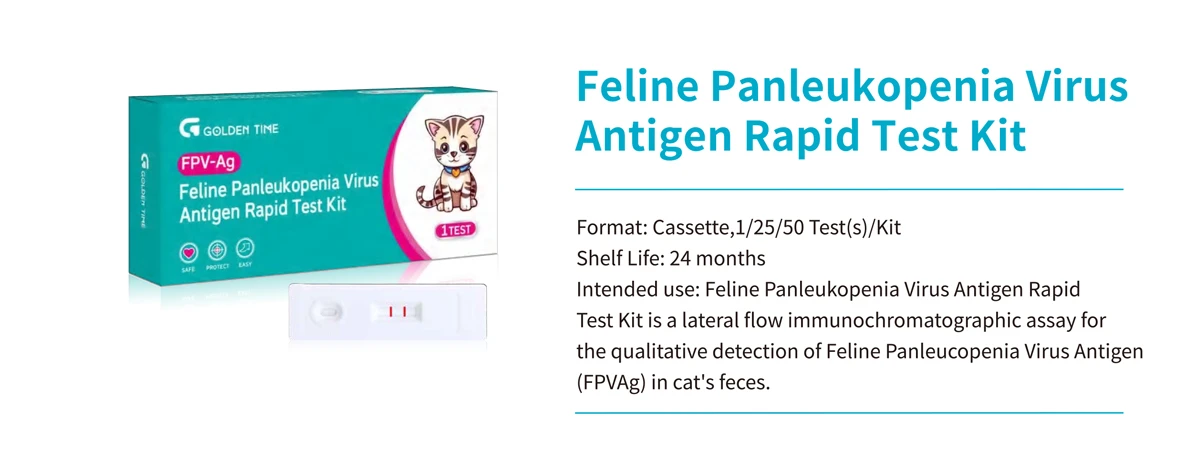Feb . 14, 2025 12:26 Back to list
chikungunya symptoms blood test
Chikungunya is a viral disease transmitted to humans by infected mosquitoes. Characterized by an abrupt onset of fever, severe joint pain, headaches, nausea, fatigue, and rashes, it bears resemblance to other mosquito-borne illnesses like dengue and Zika. The overlapping symptoms can complicate diagnosis based solely on clinical assessment. Therefore, a definitive chikungunya diagnosis often relies on specialized blood tests. Understanding these tests, their execution, and their significance is crucial to managing and possibly mitigating the impact of the disease.
Moreover, accurate testing holds legal and policy-making significance. Informed by reliable test outcomes, public health policies can shift from reactive to proactive, with vaccination and prevention initiatives more effectively targeted. Researchers, too, gain valuable data through testing outcomes, enriching the body of literature that informs future preventative measures and treatment alternatives. For individuals experiencing symptoms, pursuing a chikungunya blood test ensures they receive an informed diagnosis. It enables patients to make educated decisions about their healthcare management, understanding possible long-term impacts and working with healthcare providers to mitigate chronic conditions such as arthritis that can develop post-infection. In conclusion, the blood tests associated with identifying chikungunya infection are not just diagnostic tools. They are enablers of comprehensive healthcare management, pivotal to early intervention and long-term wellness strategies in affected individuals. As global travel and changing climate conditions expand the reach of chikungunya, integrating efficient and reliable blood testing into healthcare systems worldwide remains a cornerstone in managing not only existing cases but also future outbreaks. Empowering healthcare professionals with training on these procedures, and supporting research aimed at improving test accuracy and accessibility, should be a priority. Through these efforts, individuals and communities can mitigate the impact of chikungunya, paving the way for healthier futures even in the face of this challenging virus.


Moreover, accurate testing holds legal and policy-making significance. Informed by reliable test outcomes, public health policies can shift from reactive to proactive, with vaccination and prevention initiatives more effectively targeted. Researchers, too, gain valuable data through testing outcomes, enriching the body of literature that informs future preventative measures and treatment alternatives. For individuals experiencing symptoms, pursuing a chikungunya blood test ensures they receive an informed diagnosis. It enables patients to make educated decisions about their healthcare management, understanding possible long-term impacts and working with healthcare providers to mitigate chronic conditions such as arthritis that can develop post-infection. In conclusion, the blood tests associated with identifying chikungunya infection are not just diagnostic tools. They are enablers of comprehensive healthcare management, pivotal to early intervention and long-term wellness strategies in affected individuals. As global travel and changing climate conditions expand the reach of chikungunya, integrating efficient and reliable blood testing into healthcare systems worldwide remains a cornerstone in managing not only existing cases but also future outbreaks. Empowering healthcare professionals with training on these procedures, and supporting research aimed at improving test accuracy and accessibility, should be a priority. Through these efforts, individuals and communities can mitigate the impact of chikungunya, paving the way for healthier futures even in the face of this challenging virus.
Latest news
-
Highly Accurate hCG Pregnancy Test Strips - 5 Min Results
NewsAug.02,2025
-
Premium Empty ABS Plastic Cassettes: Durable & Lightweight Storage
NewsAug.01,2025
-
Accurate Cocaine (Coc) Rapid Test Kit | Fast & Reliable Detection
NewsJul.31,2025
-
Accurate HCG Pregnancy Test Strips | Fast Home Use Kit
NewsJul.31,2025
-
Reliable Early Pregnancy Test Kit Supplier - Multi Plastic Cassette Options
NewsJul.30,2025
-
Transferrin Rapid Test Cassette – Reliable Tumor Marker Detection
NewsJul.29,2025

